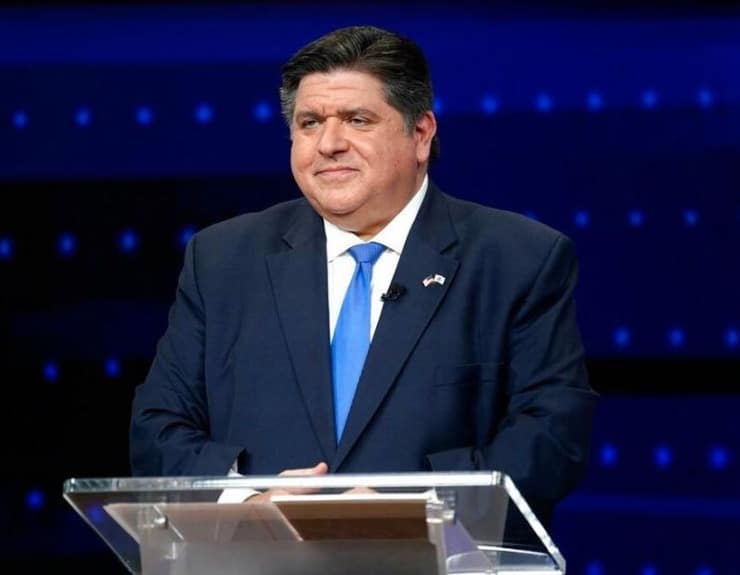Sports Betting
Over 35,000 Bettors Voice Opposition For Illinois Sports Betting Tax Hike

The Sports Betting Alliance, a coalition representing BetMGM, DraftKings, FanDuel, and Fanatics Sportsbook, is warning Illinois bettors that a proposed tax rate increase in the state will negatively impact sports betting.
Illinois bettors disapprove of Gov. J.B. Pritzker’s (D) state budget proposal for a sports betting tax rate increase
Gov. J.B. Pritzker’s (D) state budget proposal is calling for a sports betting tax rate increase from 15% to 35%. Projections show an additional $200 million in annual sports betting tax revenue. If approved, the new rate would go into effect on July 1, 2024. Illinois generated $161.4 million in sports betting tax revenues in 2023 at its current 15% tax rate.
This would essentially mean fewer promotions and less accurate odds from licensed operators. It would make the gambling experience worse for bettors, potentially leading to residents seeking illegal offshore operators or leaving the state altogether.
The alliance has been urging Illinois sports betting gamblers to voice their disapproval of the bill. Nathan Click, a spokesperson for the Sports Betting Alliance, told Sports Betting Dimes that more than 35,000 emails have been sent in opposition so far.
If the bill is approved, Illinois would be one of the highest taxed states for sports betting in the U.S. New York leads the nation with the highest rate at 51%, followed by Pennsylvania at 36%.
Delaware, New Hampshire, and Rhode Island have the same or higher tax rates than Pennsylvania. Having said that, those three states have just one or two operators.
Sports betting companies run their businesses assuming they would operate at a 15% rate. A rate increase of 133% would have a dramatic effect on sports betting tech, Click told Sports Betting Dimes.
A 133% tax rate increase in the Windy State would lead to worse odds, fewer promotions
“From the consumer side, a 133% tax rate increase will mean worse odds and few, if any, promotions. It means less left for companies to invest in technology upgrades, responsible gaming efforts and their customer support teams. It’s also a subsidy to bookies and illegal market: Legal operators have just started to make serious inroads into Illinois’ robust illegal sports betting market. Worse odds, no promotions, worse product all give the offshore illegal market apps (who pay no tax) a massive leg up when competing for customers,” he added.
Click also said that legalizing iGaming in the Land of Lincoln would be the best way to increase gaming tax revenue. A tax rate increase would only encourage struggling sportsbooks to leave the state.
“Sports betting in Illinois is already taxed at a higher rate than Michigan (10%), Iowa (6.75%), or Indiana (9.5%). A tax rate increase will likely drive all but the top three sportsbooks out of the state. That’s bad for customers and ultimately bad for Illinois,” he said.
In November 2013, Delaware and New Jersey were the first states to operate online casinos. Pennsylvania launched its internet gaming six years later in July 2019. West Virginia joined the online casino market a year later in July 2020.
According to the Illinois Commission of Government Forecasting and Accountability, a gambler is not required to be a resident of that state to participate in online gaming. However, bettors must be within that state’s borders when the gambling is occurring.
Sports betting, retail casinos, lottery games, video gaming terminals (VGTs), and horse racing are all legal in Illinois. But iGaming remains a hot topic for politicians in the Windy State.











